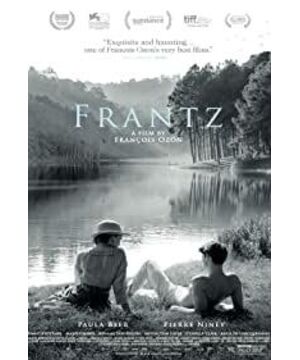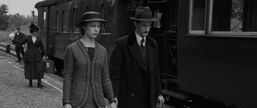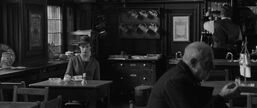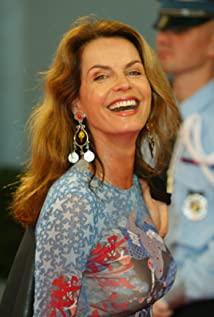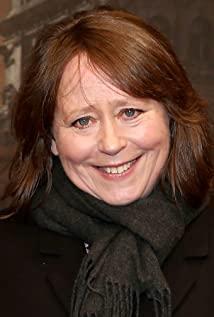I can't imagine what it would mean if Anna played a different person. Anna's beauty, tenderness and face in the black and white film perfectly complement the charm and sadness of this film. The war is over, and the sadness and thinking behind it still linger in German and French society. I don’t think the plot of the “lie” in this movie is too big, nor is it difficult to understand, but it is very consistent with the whole film. The plot and atmosphere of the film. "Love" is linked in this film. The male protagonist came to Germany for inner disputes, and he had a relationship with Franzi's family and the female protagonist, and there was a love entanglement between everyone. The male protagonist can no longer continue to face his inner relationship with Franz and his family, and Anna, as a symbol of the special relationship with the male protagonist, runs in deception and reality. The direction between Anna and the male protagonist is destined to not be together, but the various fires rubbed between the two are so small and wonderful. The color fragments in the whole film only exist in the beautiful and illusory illusion and cruel but tender reality. The color of the film is used as a palette to promote the plot and render emotions, which is undoubtedly the wonderful point of the film. And what I like most is the way the director casts the cast and handles the color and the relationship between the characters—the softness of the pain. That's how the film conveyed to me.
View more about Frantz reviews


